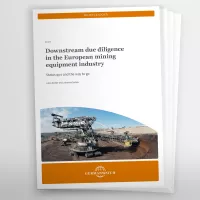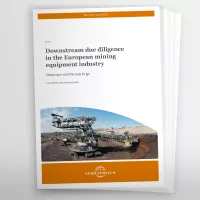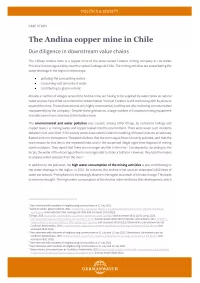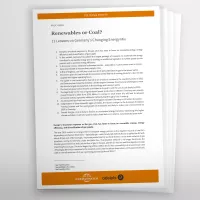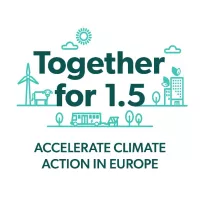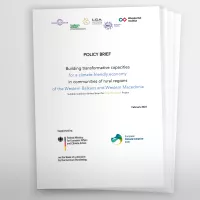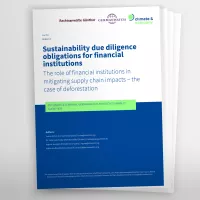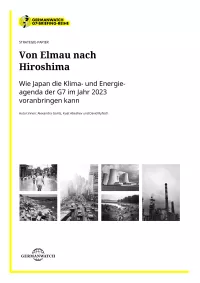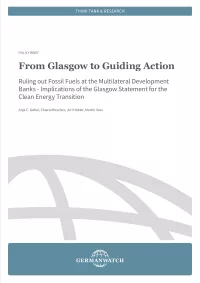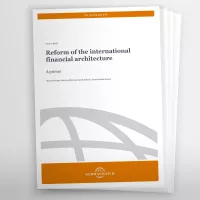
The emerging polycrisis is challenging governments and institutions around the world. Especially countries in the Global South lack the financial capacity to address the current challenges and simultaneously prepare their nations for the impacts of climate change. The existing international financial architecture has so far been unable to provide the necessary financial resources.There are three major reform proposals that address different institutions within the international financial architecture. This primer introduces the proposals presented and provides an overview of the main institutions and actors involved in the process in Germany.

